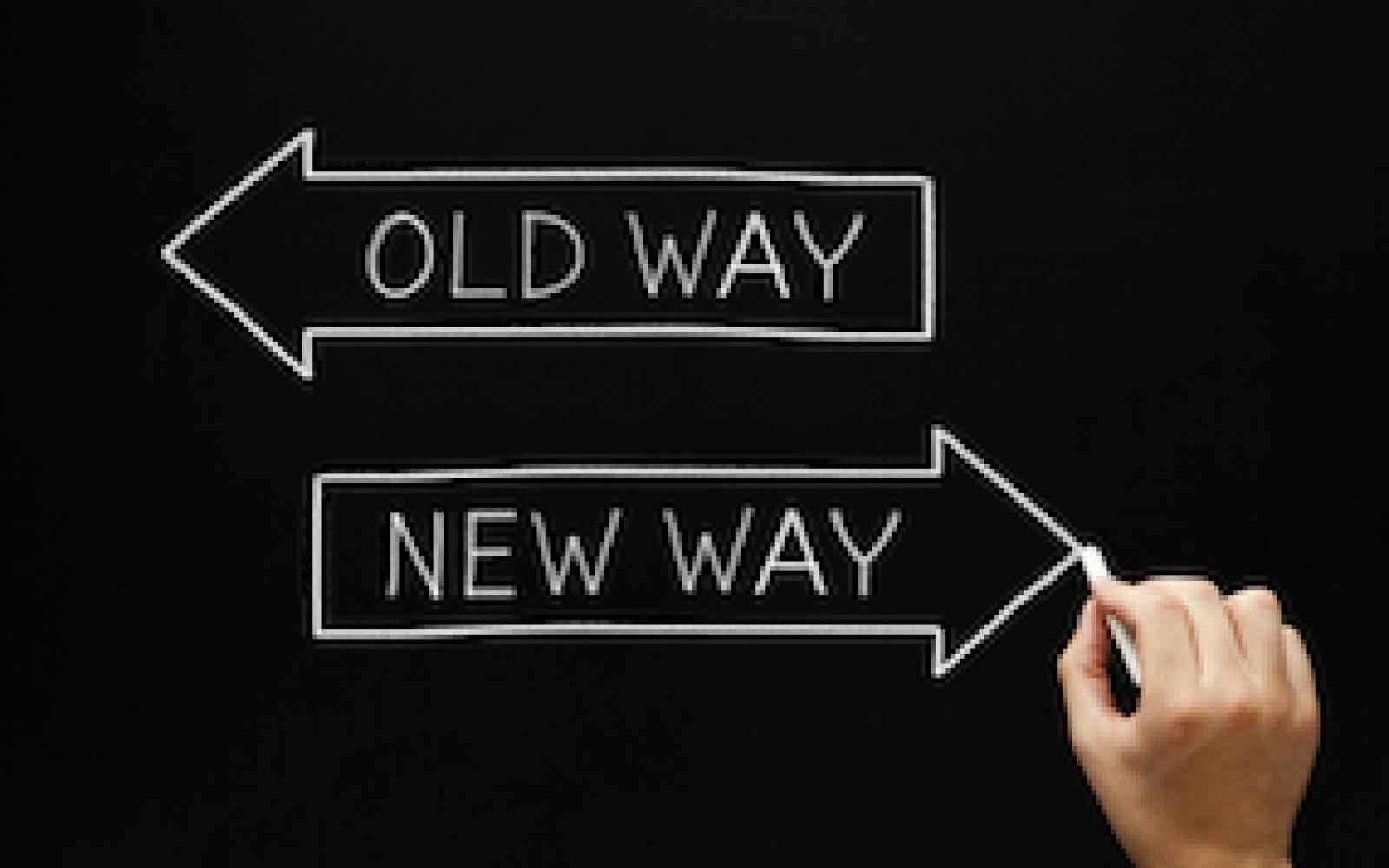It’s time for a reality check. That was the cautionary message in my last post. The world is changing. Society is tearing down its system of silos and hierarchy, and our world defined by repetition and efficiency is quickly transitioning. The new system is flat, fluid, and one that is characterized by change. Everyone plays and everyone is bigger.
It’s a very different game requiring very different rules.
I personally relate to the nature of this change based on a memorable management lesson from the 2008 presidential campaign. Over the course of two years, my organization, Obama for America, underwent a similar shift in its form that flipped my view of leadership on its head.
Everyone Leads
Going into the campaign, I think I would have described myself as a mentoring leader; one who encouraged the leadership of others. But looking back, my view of leadership was still very much grounded in the one-leader-at-a-time framework that I think most of us carry. I left my ‘08 experience with a polar opposite view, embracing instead an everyone-leads-in-every-moment outlook.
This was mostly helped by a profound organizational transformation that occurred over time. Despite what people might think about that campaign and the innovative environment we projected from the outset, we actually grew up traditionally siloed and hierarchical. But, ultimately, in our change-on-steroids environment, the one-leader-at-a-time system held together by the silo leaders (we called them department heads) could not keep up with the myriad challenges coming at us. We had to tear the walls down. This freed people in the middle and lower rungs of the organization to lead. Thus, we were transformed into an everyone-leads system.
With this change, there were some discoveries for me that have shaped my thinking about new leadership for a new era.
Step Into Your BIGness
First, in an everyone-leads environment, there is no room for smallness. You have to show up fully. The old system of one-leader-at-a-time is based on someone big and everyone else small in any moment. This new game requires a completely different outlook. Small people can't do big things. That's physics.
In fact, we were only as big as the smallest among us. I may have been the chief operating officer but my more important role was Chief BIGness Officer. I needed to help everyone around me step into their full leadership.
Teams Work
Second, was the discovery that when walls come down between two sides that don't normally speak, innovation happens. I know many people summed up from our 2008 run that we were innovative because of our use of technology or social media. But it wasn't the hottest, newest piece of technology that made the Obama campaign innovative.
In fact, in this new way of working, people formed fluid, shifting, and evolving teams across those old boundaries to solve problems and seize opportunities; teams-of-teams. Thus, the true value-add in any moment was the new team introduced to an existing one to meet the ever-changing nature of problems and opportunities.
Everyone A Changemaker
Third, when everyone leads in every moment, the speed of change accelerates relative to our one-leader-at-a-time past. Why? Leaders make change.
And if you agree that everything you change changes everything, and everyone is doing it — that means everyone is a changemaker.
The stakes for leading with empathy take on new importance in the everyone-leads environment. Empathy-based leadership has to be ever-present because on the one hand, this is a system that is highly interactive, and on the other, change must be undertaken responsibly.
When everyone leads, everyone is a changemaker. And in this new game, the old rules won't work.
